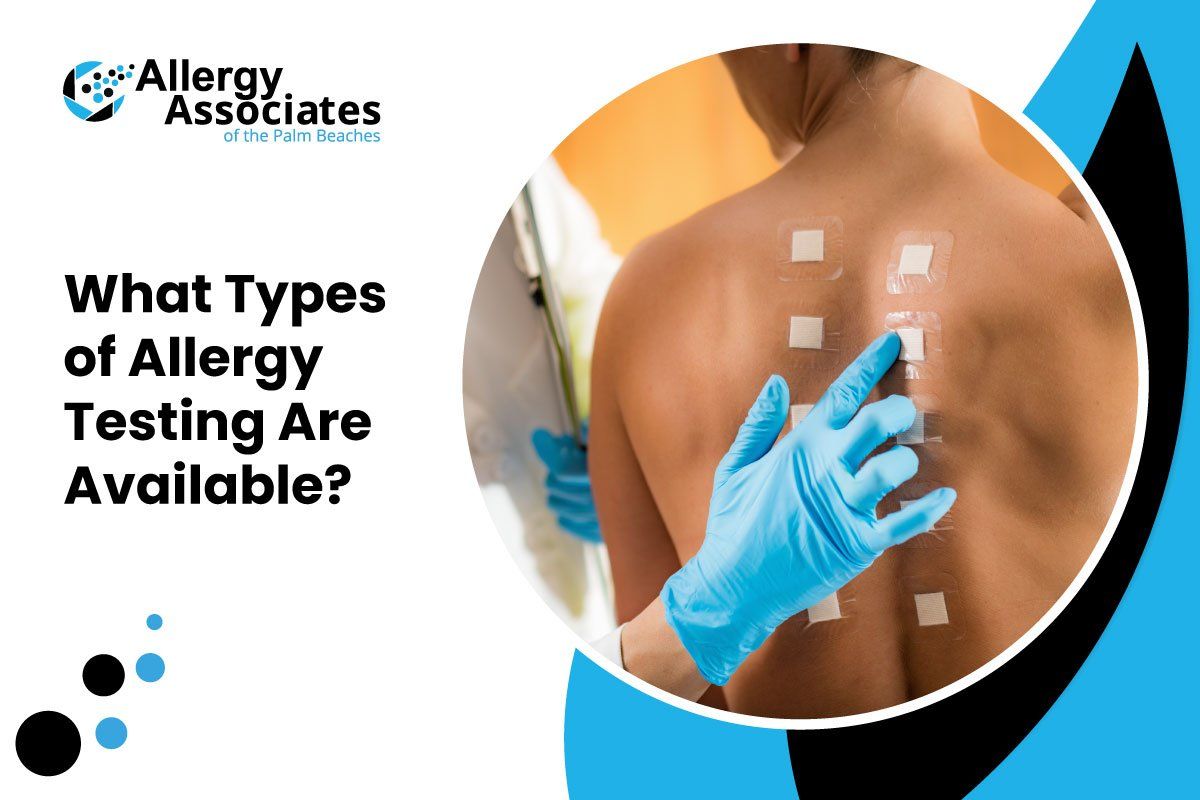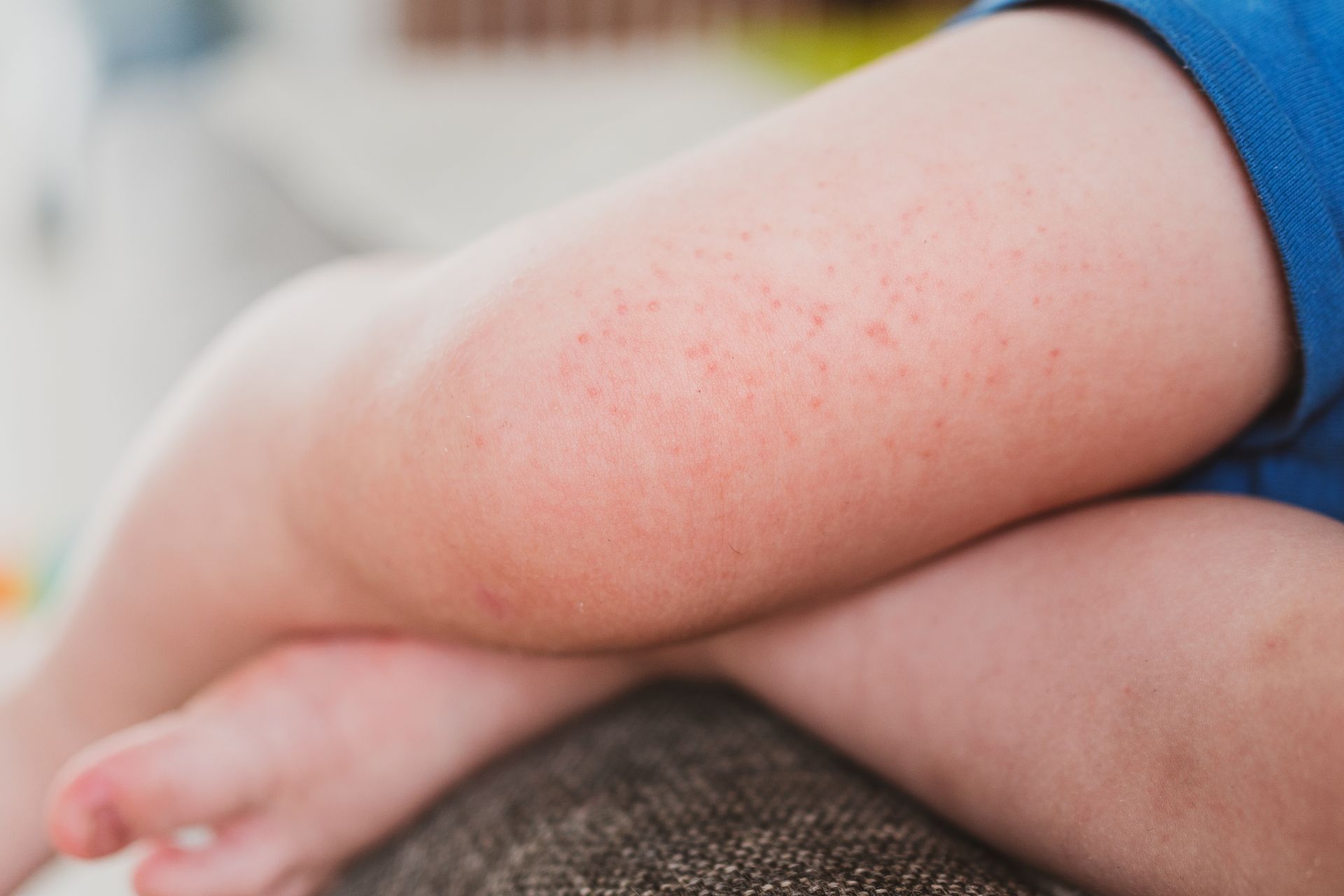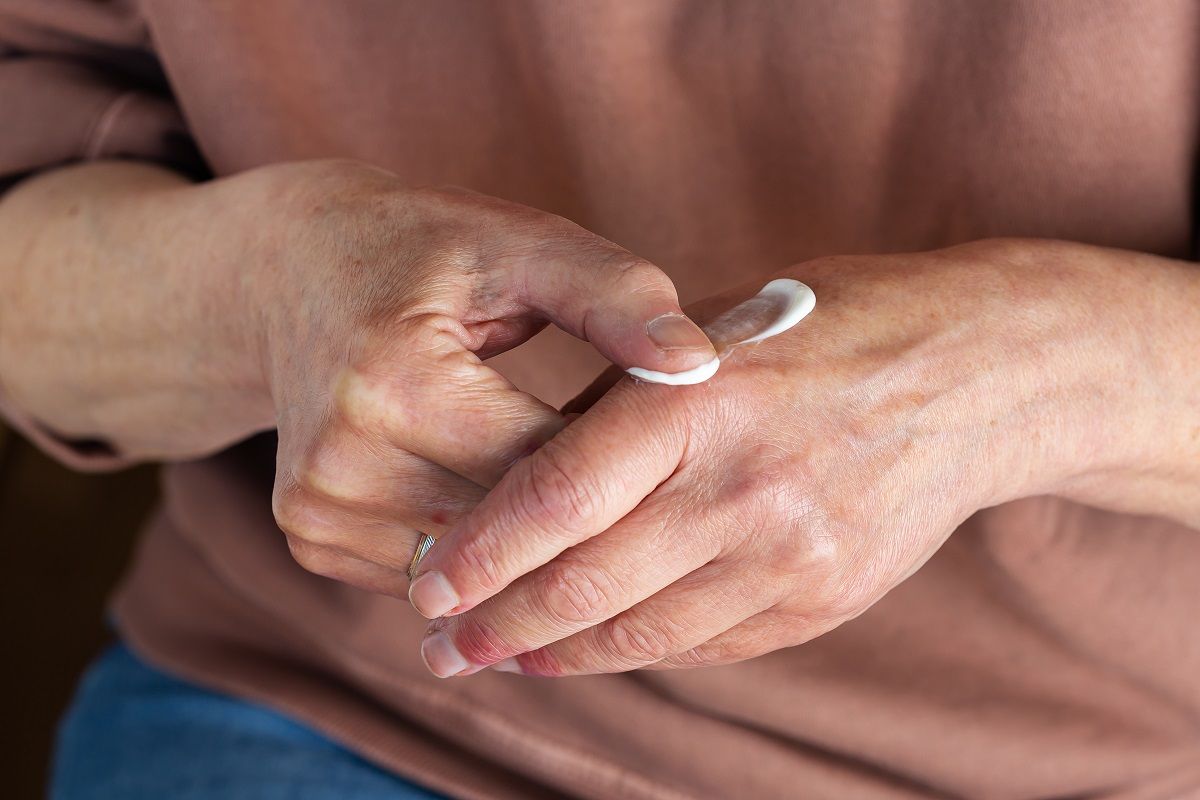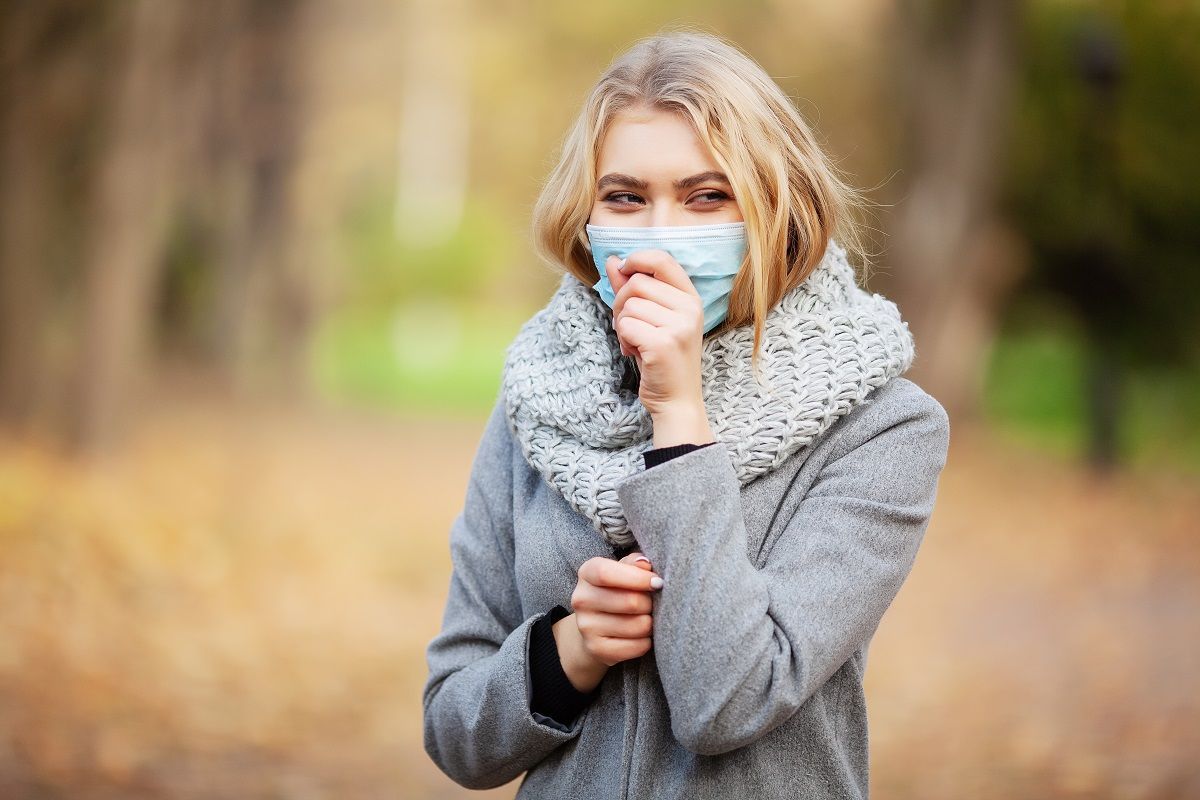
Allergies are quite common worldwide. In fact, 40 to 50 million individuals suffer from different kinds of allergies in the United States alone. People are typically aware of their allergies. However, some individuals are not. Not knowing what type of allergies you have leaves you vulnerable to the constant threat of experiencing unexpected allergic reactions.
Accidental exposure or consumption of what triggers an allergic reaction could lead to mild or severe effects. Therefore, allergies can affect your quality of life. That's where allergy testing comes in.
With allergy testing, you can efficiently avoid the triggers at all times. Moreover, accidental consumption or exposure is significantly minimized. This article will discuss the types of allergy testing available for you.
Read on if you want to know your options to eliminate allergies and how allergy tests work.
Understanding Allergies
Before diving into the details of our main topic, let's define the meaning of allergies first. Allergies occur when your immune system negatively reacts to regular or harmless proteins. During this phase, your body's natural defenses attack these harmless components like invaders. At this point, your immune system goes haywire. The result: you experience an allergic reaction.
Types of Allergy Testing Procedures
There are different types of allergy testing that your allergist can recommend. Below are the different types of allergy testing. We’ll also cover how an allergy test is performed depending on the type.
The Skin Prick Test
The skin prick or allergy skin testing is perhaps the most common among all the other types. This method is typically used to determine if you have seasonal or perennial allergies. It can also help your allergy doctor identify if you have food or insect venom allergies. During the process, your allergist will expose you to tiny amounts of suspected allergens to check for negative reactions (tests for allergens).
The Two Methods of Skin Test for Allergies
Skin Prick: This method involves placing individual and small amounts of the suspected allergens on your skin using a skin prick device to see if an allergic reaction will occur. You can expect the results after 15 minutes.
Intradermal Testing:
Individual allergens are injected into your skin to see if an allergic reaction will occur. The results will be available after 15 minutes, like the skin prick test.
Patch Test for Allergy
This type of allergy testing is ideal for children and individuals afraid of injections. Moreover, patch testing is suitable for identifying a condition called contact dermatitis. The suspected allergens are placed on your skin using adhesive patches.
The patches are kept on your skin for 48 hours. The results are typically available 2-5 days after removing them.
Food Allergy Testing
When testing food allergies, your doctor will provide you with incremental amounts of the suspected food you may have allergies to. Each consumption is followed by a period of observation to see if you'll experience an allergic reaction. This process requires strict medical supervision to avoid severe allergic reactions.
Blood Tests
Allergy blood testing is ideal when the other methods do not produce clear results. A small amount of blood will be extracted and brought to the laboratory for testing. Several types of antibodies (IgE) will be measured. The results will tell your allergy doctor if you are allergic to specific allergens.
Allergies are determined depending on the volume of IgE found in your blood. Blood tests can also detect signs of primary immunodeficiency disorders.
External Allergen Application
Some individuals react strongly to specific types of allergens. Once your doctor determines this condition, they will rub the allergen on your skin without breaking the surface. Redness, itchiness, or small lumps will appear if you have allergies. The process takes approximately 20 minutes.
Skin Scrape
This method involves removing a tiny portion of your skin. Then, the suspected allergen is rubbed on the spot where the skin is removed. This technique aims to determine how deep the allergen compounds could penetrate your skin before inducing an allergic reaction.
Benefits of Allergy Skin Tests
Allergy testing offers a multitude of benefits for your overall health and well-being. Getting tested means minimizing the risks of accidental consumption and exposure to triggers.
Better Understanding of the Causes
The causes of allergies are typically challenging to understand. But with allergy testing, you can pinpoint the exact reasons. Therefore, you can avoid them easily.
Enhances the Efficiency of the Treatment Plan
Allergy tests provide your doctor with all the information they need about your allergy. Your allergy doctor can offer an adequate treatment plan after the allergy testing.
Improve Your Overall Quality of Life
Knowing your allergies gives you an edge. You can actively avoid triggers anytime. You can enjoy outdoor activities without worrying about allergens like pollen, relax more without the fear of molds or animal danders, and eat your favorite foods without risking an allergic reaction.
Common Allergy Symptoms
Consider allergy testing when you experience the symptoms listed below.
- Runny nose
- Stuffy nose
- Sneezing
- Shortness of breath
- Wheezing
- Cough
- Rashes
- Fatigue
- Headache
- Nausea
- Vomiting
- Fever
You may experience allergy symptoms anytime and without warning. Remember, allergy testing is your best bet.
Get Allergy Tested Today
Not knowing the causes and triggers of your allergies puts you in constant fear. We understand the difficulties of living with allergies. That's why we are here for you.
Our allergists specialize in accurate allergy testing to provide the ideal treatment for your condition. We aim to help you achieve an allergy-free life. Choose your preferred clinic location by clicking
here.
You can also reach us by dialing (561) 626-2006.
Allergy Associates of the Palm Beaches
Allergy Associates of the Palm Beaches | All Rights Reserved.










